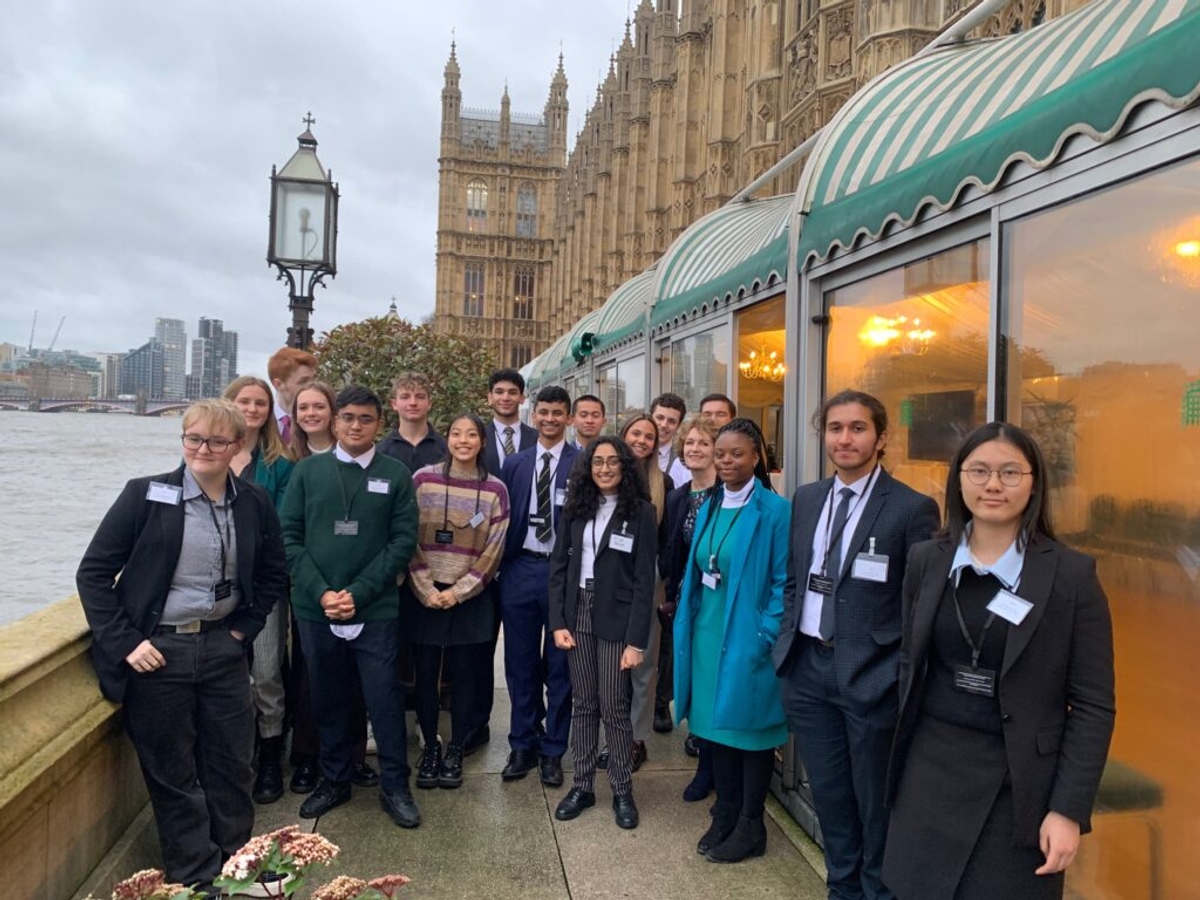
Don't forget to ask the students what they think
Who should we be listening to?
‘Stakeholder’. That word comes up again and again, in blog posts, in meetings and in what people say. It sounds so formal – often followed by words such as ’engagement’, ‘communications’ or ‘map’.
In reality though, in the education world we only really have one ultimate stakeholder – one reason we’re all here – and that is young people. Whether it’s giving them the skills they need to get a great job, the knowledge they need to pursue further study, or the sense of fulfilment they need to be happy, that is what it’s all about.
And that’s why AQA is proud to have set up a Student Advisory Group – a meaningful way that young people can and do influence everything that we do.
An opportunity for students to have their say
The debate over the future of assessment is too often polarised between ‘revolutionists’ and those committed to maintain the status quo. But, I believe it is particularly important young people be at the heart of the debate about the assessments they undergo and which have a key bearing on their educational and working futures.
Our Student Advisory Group aims to do just that - giving voice to those still in school and still in the exam system. It provides AQA with real time insight and perspectives from students on key areas of assessment which helps guide policy, research and product development. AQA’s researchers sat the students down in front of prototype tools. They tested out on-screen calculators, answered new form exam questions and manipulated diagrams that would usually be drawn in standard paper-based tests. Their practical feedback shaped AQA’s thinking immensely, improving the functioning and usefulness of our products, and ultimately helping young people themselves.
Making the best use of this insight
It was recently announced that a cross-party parliamentary group has launched an inquiry into the case for reforming school assessments, including GCSEs and Sats. The All Party Parliamentary Group for Schools, Learning and Assessment will look at the case for reform across post-16, GCSE, vocational qualifications and primary assessment. The parliamentarians are inviting evidence from all interested stakeholders and will then hold a series of evidence sessions to further explore a series of key questions.
We want to ensure that the voice of young people is front and centre of the evidence submitted to the inquiry. In addition to the examples set out above from our Student Advisory Group, we are also committed to regularly polling students for their views – and the results show their opinions cannot be assumed or taken for granted.
We want to ensure that the voice of young people is front and centre of the evidence submitted to the inquiry. In addition to the examples set out above from our Student Advisory Group, we are also committed to regularly polling students for their views – and the results show their opinions cannot be assumed or taken for granted.
You may think that those put through the exam wringer at 16 would want them scrapped but actually not so. Our recent poll found three in four students were glad they sat them. Some 68% said GCSEs helped them move forward in their education and career, 58% said the results played a part in informing decisions about what to do next and 59% said the exams at 16 helped prepare them for future examinations.
Maybe unsurprisingly those who gained lower grades were not so well disposed to the exams. In short, exams have clear value for the majority who sit them but that diminishes among the cohort with the lowest grades. This is clearly an area that can and should be explored further.
What Next for GCSEs?
Analysis of AQA’s research leads to the conclusion that GCSEs are, at least in the views of many students, fulfilling their core purpose in measuring attainment and empowering progression. They will and should continue to evolve as they have done since their inception but the case for revolutionary or disruptive change is not strong.
We hope that the APPG focuses on ensuring GCSEs are working as well as can be for all those who take them, no matter what walk of life they are from. But above all, we hope the APPG listens to a wide range of views from young people themselves, because ultimately, they are who this review must be for.
Read more by this author:
- How Hard Is It To Learn Soft Skills
- What Was Education Like When The Queen Ascended The Throne
- Maths and Numeracy: They Don't Equal The Same










